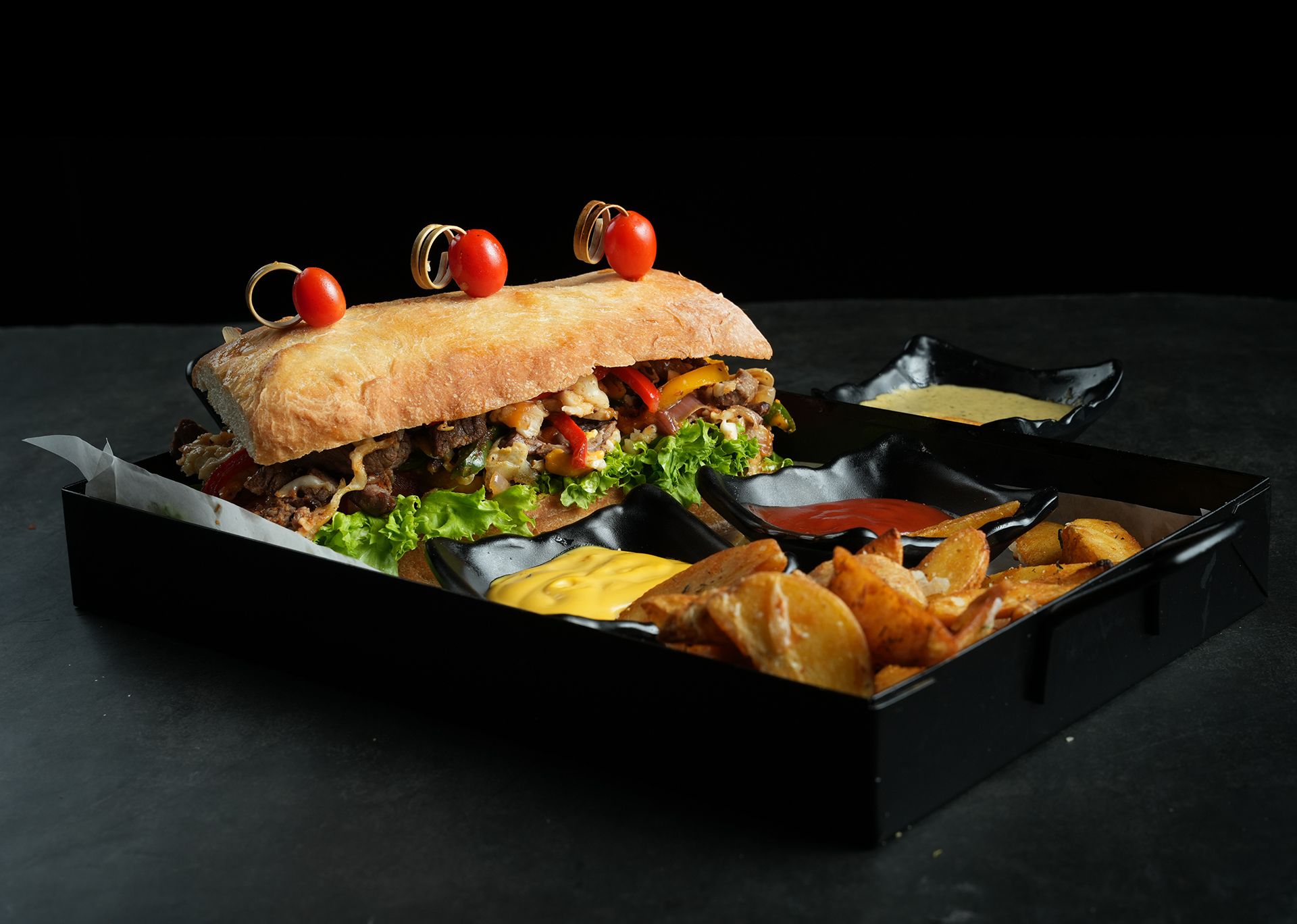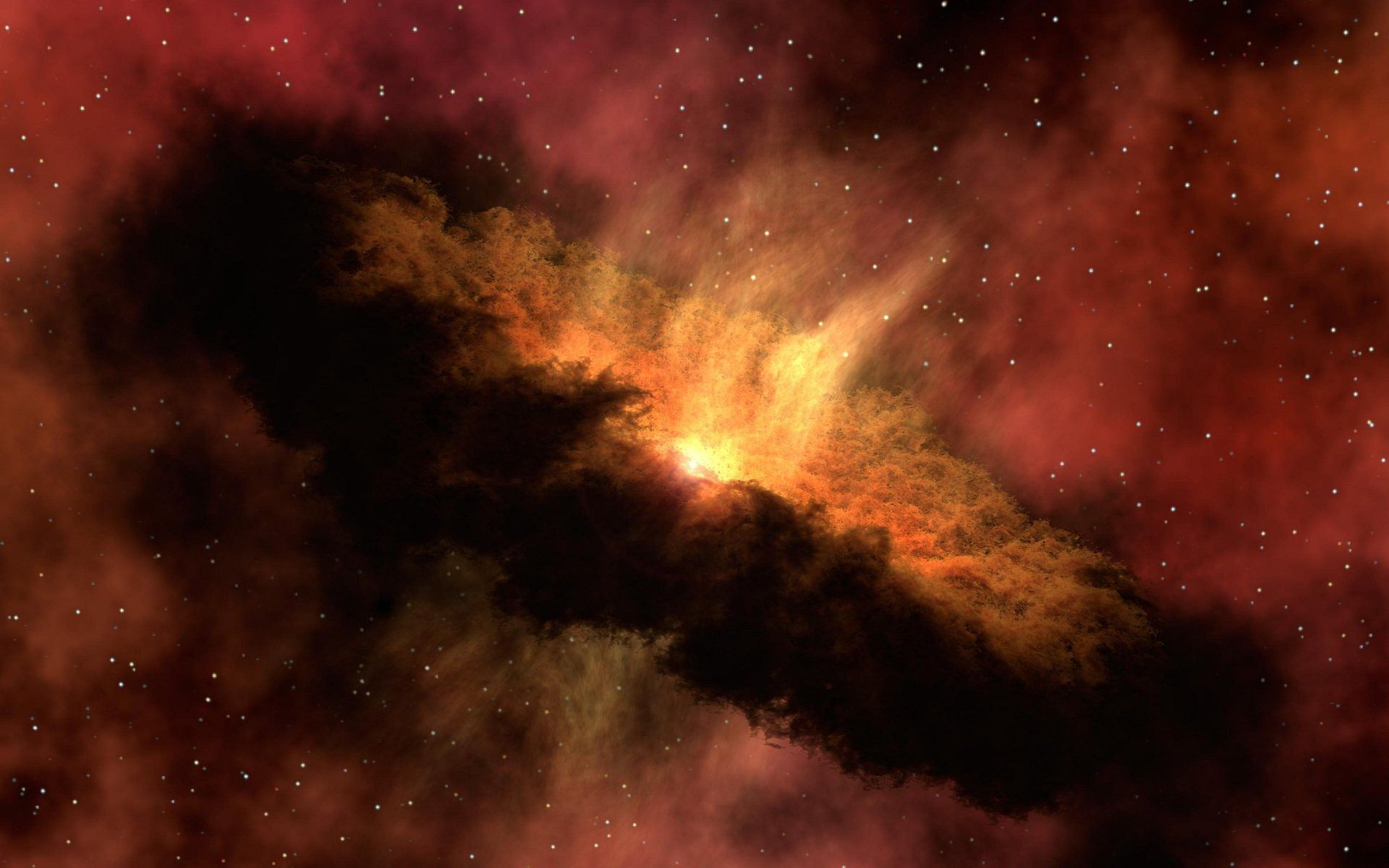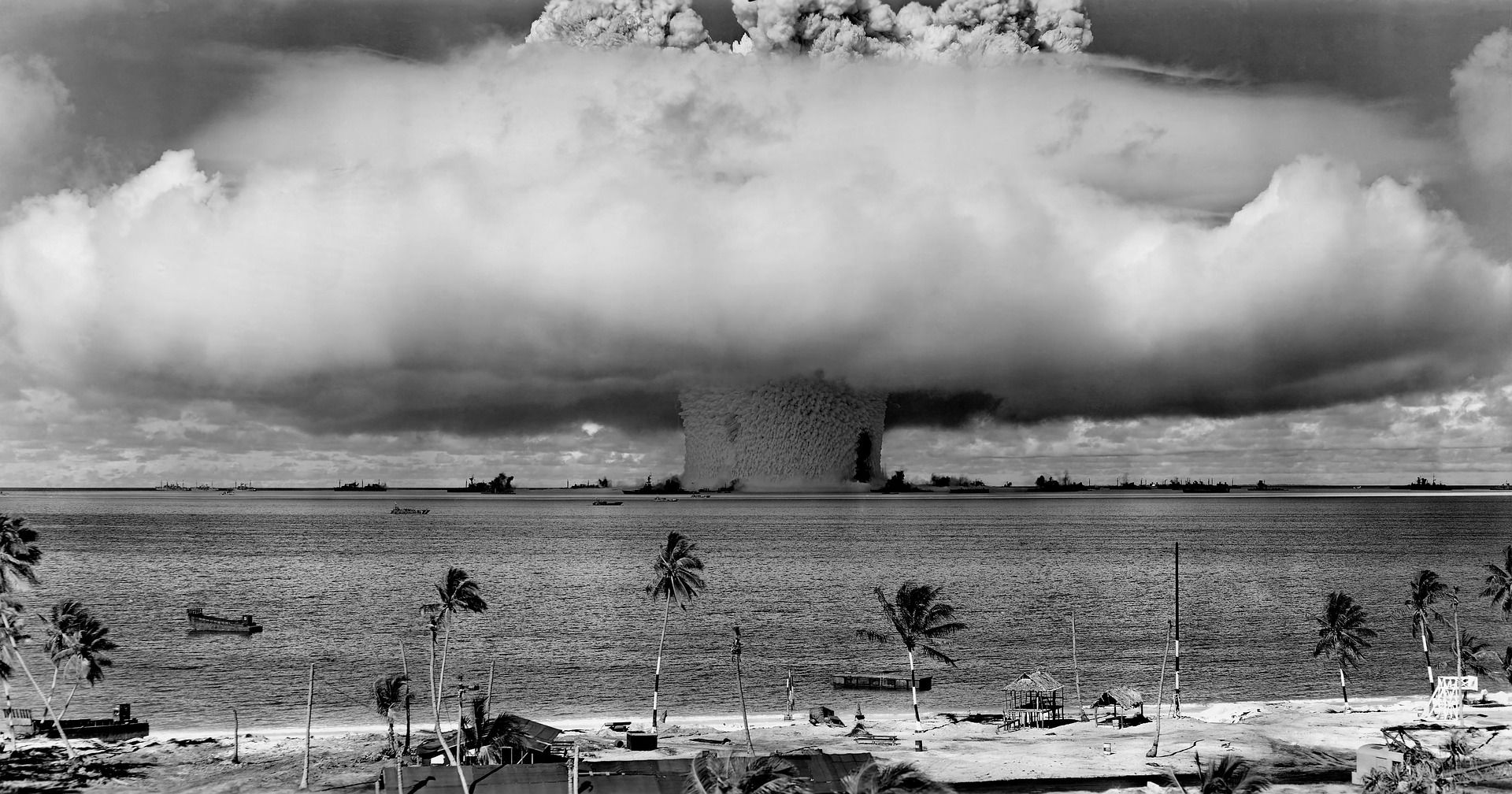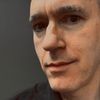Ready-Made Certainty: the Power of Belief Systems
Belief Systems provide pre-packaged certainty, giving us placeholders for the things we don't know or understand, enabling us to act and make choices as if they were true. They serve as powerful tools for transforming the world.

In Outsourcing Our Personal Quest for Certainty we discussed our tendency as human beings to automatically trust someone or something we believe has greater access to the Truth than we do, such as experts, authorities and the Media.
Perhaps what attracts us most is their confidence—their apparent lack of uncertainty—combined with the way they wrap up complex, often-messy issues into neatly packaged explanations and easy-to-grasp summaries that act as rules of thumb to help us make sense of the world. They’ve done the hard work for us. We just have to believe them.
But there’s another way we can outsource our certainty: ‘ready-made’ belief systems.
They too wrap up complex, often-messy issues into neatly packaged explanations, giving us guides for making choices and taking action that can be applied to new and existing situations alike. Most of the time we’re not even aware these systems are in play. Yet, as we’ll see in this article, their power to transform might just be humanity’s greatest tool, for better or worse.
All the certainty we need, in one convenient package
Belief systems appeal to us because they contain everything we need for resolving what we do not know or cannot understand—or at least we assume that they do. Because by definition, belief systems depend on things that cannot be proved. And whilst this ‘weakness’ leaves them permanently and intrinsically vulnerable to criticism—whether it’s a theory, religion, or social construct, for example—this reliance on assumption is not necessarily a bad thing. In fact, it is the heart of a belief system’s power to transform.
When we adopt a system of belief, it tells us what to do with all those things we encounter in life that we just don’t know or cannot understand.
It effectively says to us:
“This is the answer. The time for questioning is over. Trust me, and it will all work out fine.”

Belief systems in disguise
Systems of belief come in many shapes and sizes: theories, philosophies, religions, ideologies—even social constructs, cultural norms and stereotypes. Systems of belief are so tightly woven into human experience that we all rely on them to a greater or lesser extent, though it might not always be apparent that this is what we’re doing. That’s because whilst there are some systems we consciously choose, many others are unconsciously picked up through our shared assumptions with others.
An example of a consciously chosen belief system would be adopting a new religion or, perhaps less obviously, building a career based on a scientific theory about the origins of the universe. An example of an unconsciously acquired belief system would be how money or national identity works.
But regardless of whether we’re consciously aware we’re relying on a belief system or not, they all work in the same way:
Belief systems wrap up the inherently uncertain in the packaging of certainty and proclaim it to be ‘true’.
Once we grasp how belief systems work, we find ourselves in a much better position for understanding our own relationship with Truth, both at the personal level and across society.
Picked, prepared and packaged to persuade
Let’s begin with an analogy:
If a personal quest for truth is like preparing a meal from raw ingredients, and outsourcing this task to others is like hiring a professional chef, a system of belief is like a ready-made meal.
With a ready-made meal, not only has everything been picked and prepared for us, but it’s often attractively packaged to persuade us it contains everything we need. All we have to do is follow the instructions—a prescribed set of actions that results in a promised outcome. Belief systems work the same way. They offer us certainty in exchange for following their instructions.

Feeling full, yet running on empty?
But just like a ready-meal, we also have to trust that the package we’ve chosen for our certainty really does contain everything we need; that it’s not just stuffed full of artificial ‘sweeteners’ engineered to appeal to the universal drivers of human need yet incapable of adequately satisfying them. Some motivational courses and political movements fall into this trap, for example.
We can be left feeling as though our needs are being met (the hunger goes away, at least in the short-term), but when life lobs unexpected insults and challenges in our direction, we may find ourselves lacking resilience and struggling to get ourselves up in the morning.
Short term gain, long-term loss?
When our need for certainty is most acute, when we’re feeling the pressure and know we’re lacking, that’s when we’re most likely to pick up something that’s to hand and ready-to-go. Just like a microwave meal when we get in late after a busy day.
Two people might pick up different ready-made meals for themselves—each selecting the packaging that appeals most to their individual values and preferences. Both may even feel their hunger immediately satisfied. But over the longer term one of them could find themselves in better shape than the other. Because whilst both meals appeared to offer what they needed when their hunger was at its peak, one package turned out to lack some vital ingredient they needed… or mixed in things that were best left out.
Belief systems work in much the same way. We normally choose them when our ‘hunger’ is greatest; when our need for answers or certainty is at its strongest. But it doesn’t matter how appealing or ‘right’ they appear at the time, nor how good they make us feel, nor even how popular they are with everyone else. What matters is the quality of the ingredients—and whether they do what we need them to do, not just as a short term fix, but over the longer-term.
A Meal for the Mind
Whilst a meal satisfies our physical needs, belief systems satisfy the needs of the mind. Which means that like a meal, a belief system must achieve three things:
- Supply what we’re currently lacking
This is the difference between our current state and an ideal state. We may feel this current lack as emptiness; as something that’s missing; an unease. We want something that fills the gap. - Improve our fitness for the future
We generally want our futures to be better than our present, that gives us more options with positive outcomes, and that enable us to successfully adapt when the world around us changes. What we choose must do that for us, otherwise we’ll be quickly reaching for our next ‘fix’. - Avoid harming us
We need to trust that what we are taking inside of us, that will ultimately become a part of us, will neither reduce our current fitness nor disadvantage us in the future.
Just as food gives the body what it physically needs for taking action and making choices in accordance with our goals, certainty does the same for the mind. But whereas food remains independent and oblivious to our goals, belief systems actively shape them—whilst simultaneously supplying the ready-made explanations we need to give us certainty. We assume these explanations are true, and this certainty then enables us to act and make decisions as if they were true.

The ‘ideal state’ versus our ‘current state’
Uncertainty means we have questions. If this represents our ‘current state’, we can think of an ‘ideal state’ as having those questions answered. This is what theories, philosophies, religions and ideologies all set out to do in one form or another.
Someone might ask: “How did the universe begin?”
If we don’t have an answer for this, the question remains unanswered. But our ideal state is to know the answer, because that means no uncertainty. So we can either invent an answer or else we can adopt the answer supplied ‘for free’ with the belief system we’ve adopted.
An invented or supplied answer to the question of “How did the universe begin?” might be the Theory of the Big Bang; it might be, “God spoke, and it was so”; it might be, “It has no beginning”.
If we weren’t personally present to witness the origin of the universe, and if we didn’t personally hear the words from God directly, then we’re going to have to assume that the answer given by a theory, religion or philosophy are true. Doing so then provides us with a placeholder for the knowledge, understanding and certainty we’re lacking, allowing us to act and make decisions as if it was true.
Non-physical beliefs that transform the physical
Whether one of the invented or supplied answers actually matches the true answer is another matter entirely. For some things, it’s probable we’ll never know, on account of our finitude as human beings. But then, neither will anyone else. (Whether they realise this is another matter, which is where wisdom comes in.)
But here’s where things get weird…
If we are making decisions or acting based on the assumption that the invented or supplied answer to our question is true, then we begin to alter the universe around us in accordance with that answer being true.
Let’s consider an example.
- A scientist might look for the cosmic background radiation of the Big Bang, which they would not have done had they not acted as if the invented or supplied answer from the theory was true.
- To look for this background radiation, they would need specialised equipment. So now energy and materials must be shifted around the world to manufacture and supply the equipment, all because of their belief in a theory.
- Meanwhile finite human time and resources get directed away from other projects in order to work on this one, thus altering future opportunities.
In other words: the physical world gets reshaped in accordance with non-physical belief. It’s mind altering matter.
Which means that sometimes the consequences of a belief can be significant enough to alter the course of history.

Beliefs that change the future
Consider the girl who decides to put her saved-up pocket money into the collecting tin of a local charity instead of spending it on the new roller-skates she’d wanted. She does this because she feels guilty about being rude to her mother after she’d been scolded for breaking her younger brother’s firetruck. She now believes Santa won’t be visiting her this Christmas unless she can successfully offset her bad deed with a impressively good one.
As it happens, the local charity is saving up for a defibrillator, and the girl’s ‘kind’ donation helps them reach their target one week sooner than planned, which means the defibrillator gets ordered ahead of schedule. Had the charity ordered it when they’d originally planned, their order would have arrived two days after a huge order would have pushed their own down the queue. Had the charity ordered the defibrillator when they’d originally planned to, the community would have had to wait an additional 12 weeks whilst the supplier waited on new stock.
So partly thanks to that girl’s unexpected donation, the defibrillator was already up and running when a local jogger collapsed in the park. The defibrillator saved his life. Sixteen months later he was able to complete the opening of his new factory, which went on to transform the community through job creation, bringing money into the local economy.
Does a belief even have to be ‘true’?
Most readers may have reason to doubt the existence of Santa; they may even say that Santa is not true. However, the girl’s belief in Santa resulted in an action and decision that set up a cascade of events that would not have happened otherwise. It was her belief that transformed the local community, not the truth of what she believed in.
She’d never personally met Santa, yet her belief in his existence acted as a placeholder for personal knowledge. And because she believed he existed, she acted as if he existed, making choices in accordance with the certainty that he would notice and reward her good deed come Christmas.
Whilst this example may be completely fabricated, it illustrates how beliefs are capable of altering the course of the future in ways we can never fully comprehend. And this transformative power is irrespective of whether or not what we believe in can actually be proven.

Great power brings great responsibility
Acting and making decisions as if our beliefs were true does not always result in positive transformation of the world, of course. Sometimes the effect can be devastating.
Consider what might happen if one nation believed another was preparing a nuclear strike, so began making decisions and acting as if this ‘fact’ were true, setting a chain of events in motion that culminates with a pre-emptive nuclear strike. The Cold War is full of examples of such close calls, and the prospect still haunts us to this day.
And what about a belief system that convinces one group of people that another group poses a threat to their own safety or prosperity? What sort of ‘self-defence’ might arise as a result? Even at the personal level, consider how many relationships falter because someone believes another person thinks badly of them or suspects they are guilty of something they’re not.
Our beliefs have a direct impact on our actions and decision-making, regardless of whether what we believe turns out to be ‘true’. Yet we’ll often spend far more time arguing over whether or not someone else’s beliefs are ‘true’ or ‘fake’, even though the question is often unanswerable. If it was answerable, we wouldn’t have to rely on beliefs in the first place. Some things simply cannot be known, which means there will be some things we can never reach a consensus on, increasing the risk of conflict and dividing society into ‘us’ versus ‘them’.
Yet as human beings we cannot leave ourselves paralysed by uncertainty, incapable of making decisions or taking action. Which is why we’re continuously adopting belief systems that allow us to combine what we do know with what we don’t. (Why some of these systems stand the test of time is a topic we’ll return to in the future.)
But because there are some things we cannot know, it’s inevitable we won’t all settle on the same beliefs.
Our question is in the answer we choose
When we choose a system of belief, we gravitate towards the ones that appear to offer answers to the questions and concerns foremost in our own minds, or promise us a future we’d like to see (“simply follow the instructions”).
But here’s the rub: because we human beings are not all-knowing, and because we choose belief systems that reflect our own questions and concerns (which may differ from those of others), and because the answers our chosen belief system provides are either invented or supplied as ‘part of the package’, there will always be the potential for conflict between ‘us’ and ‘them’. Always.
And when we consider the power of our differing belief systems to create futures in their own image through the choices we make and the actions we take, we face the constant prospect of striving for very different futures, each one standing in opposition to the others.

Our relationship with belief
Does this potential for conflict between ‘us’ and ‘them’ mean we should abandon our systems of belief?
On the contrary. As human beings, we need them. They furnish us with vital placeholders for the knowledge, understanding and certainty we otherwise lack. Without such placeholders, we would be paralysed by indecision and inaction whenever we encountered something new. Without them, we would have no scientific progress. Without them, we could create no better future.
So instead of abandoning our systems of belief, we must learn to recognise their power, limitations and effect.
Belief systems are inordinately powerful. They transform ‘mind’ into ‘matter’ and fashion futures in accordance with their own image; sometimes for the better, sometimes for the worse.
Yet despite their immense power, and despite their necessity, we must recognise and accept that all beliefs, including our own, are inherently flawed. For though they dress themselves in certainty, at their heart is nothing more than a placeholder for what we do not know or cannot understand. They are tools for creating Bubbles of Certainty. Powerful tools. Useful tools. But tools nonetheless. They are not Truth, though they may bring us closer to Truth. But without wisdom, they can also blind us to it.
Let us therefore hold our beliefs with humility, grace and compassion, remembering always that we are only human.

